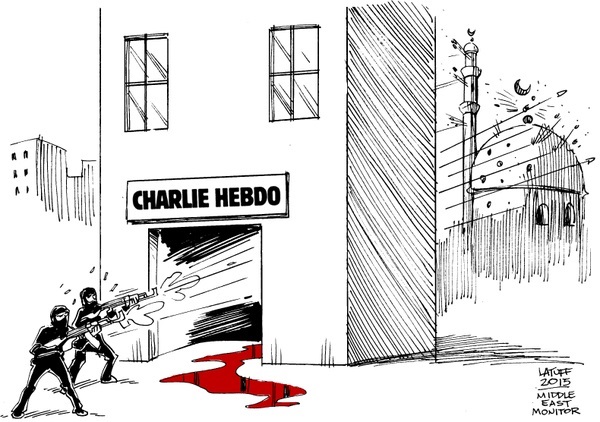Currently we have fortytwo mosques in Amsterdam, none of which actually issue the call for prayer because the people running it aren’t idiots, so it makes sense that for new mosques being build here the city council should put clauses in their contracts forbidding the call for prayer?
It’s all thanks to it being local elections month in the Netherlands, which means that the background noise of islamophobia that has continued unabated since 9/11, gets turned up a notch. This time it’s the notoriously criminal VVD that wants to put the boot in. Until a decade and a half or so ago this was supposed to be a serious, centre right party that could go into coalition with social democrats and left of centre liberals, though in reality it was always the tax dodgers party. But then it discovered that a more polite form of the islamophobia pioneered by Fortuyn and Wilders was a vote winner, so you now you get idiots like local Amsterdam weird^w wethouder Eric van der Burg promising hard measures to solve a problem that doesn’t actually exist.
It would be funny if it wasn’t so sad. Christian churches are free to ring their bells every bloody Sunday, but mosques aren’t free to do the same thing. I find it understandable that a mosque would voluntarily decide not to use their legal right to do this, for the sake of getting along with the neighbours and all that, but to not ever have this acknowledged, to always come back to this non-issue whenever a supposedly decent party wants some plausibly deniable Muslim bullying to win votes, is just sickening. It lends a veneer of respectability to islamophobia, it confirms actual racists in their beliefs and it keeps portraying the Muslim population in the Netherlands, who have been here at least fifty years and in some cases much much longer as foreign intruders who want to disturb the Dutch peace and quiet. It’s deeply cynical and disgusting.
